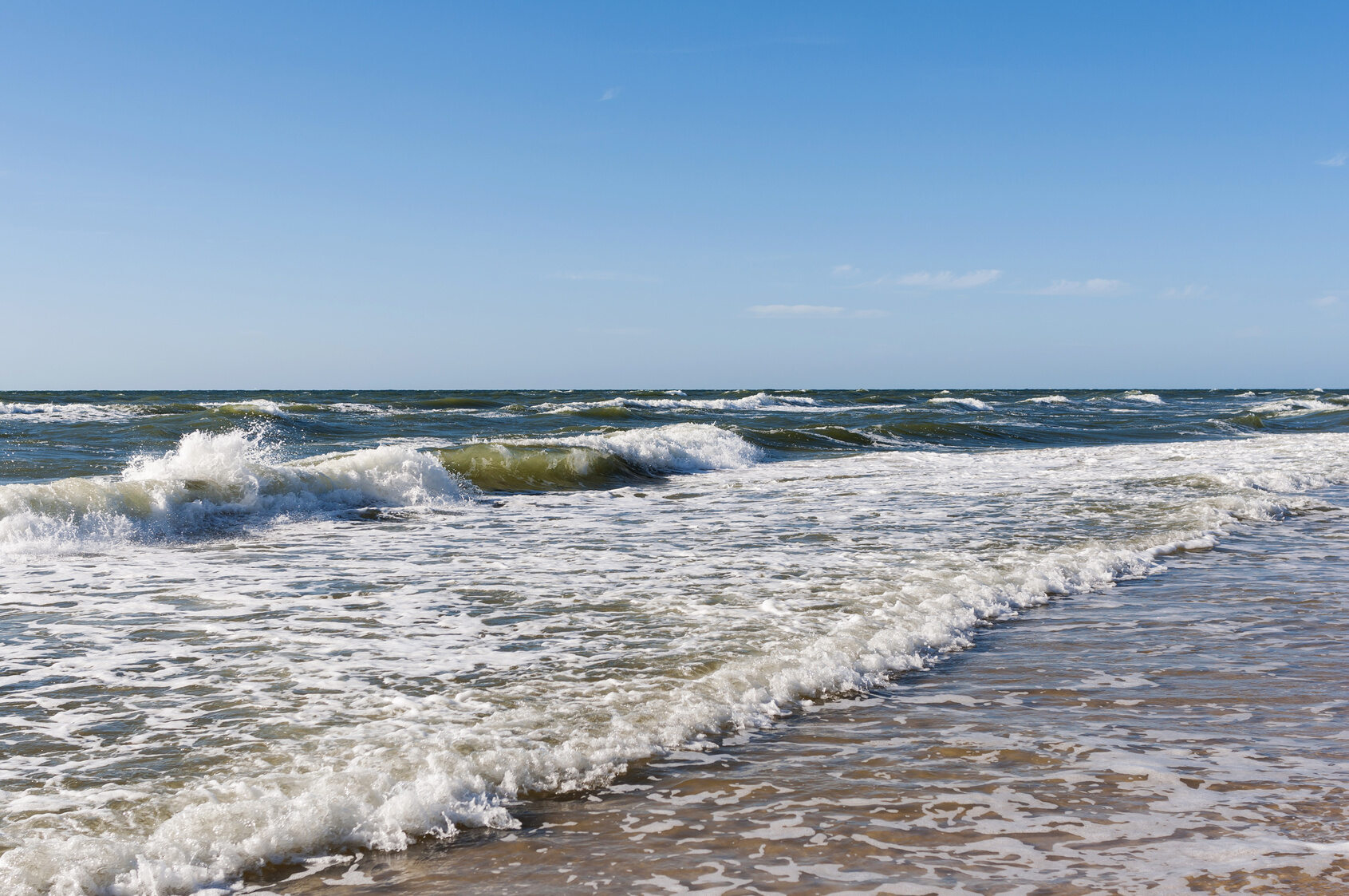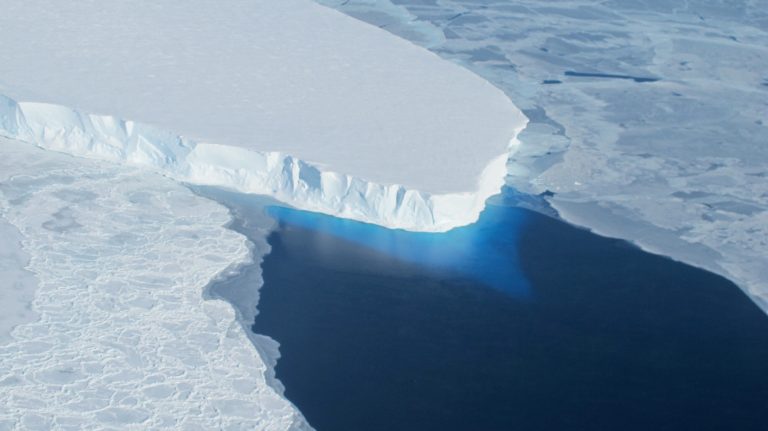Is the Baltic Sea facing a disaster? The Ministry responds to the concerns of the Supreme Audit Office

Monitoring results indicate no evidence of a serious threat of pollution from wrecks in the Baltic Sea left as a result of military operations, the Ministry of Maritime Economy and Inland Navigation told PAP.
The ministry emphasized that the Maritime Office in Gdynia has been conducting research and monitoring of potential pollution sites originating from shipwrecks left at the bottom of the Baltic Sea as a result of warfare for many years. This monitoring includes weekly aerial reconnaissance, analysis of satellite images as part of the Clean Sea Net program, as well as on-site research regarding changes taking place in a given wreck and the appearance of oil stains on the water surface. All useful information about threats is also collected from sea users – fishermen, sailors, divers.
“The information obtained in this way is the only reliable evidence of the lack of a serious threat and the absence of any uncontrolled release of petroleum substances into the Baltic Sea,” the ministry emphasized.
The media, citing the findings of the Supreme Audit Office, reported that, according to the Supreme Audit Office, wrecks with tanks filled with fuel, as well as ammunition sunk in the Baltic Sea, also containing toxic chemicals, pose a threat, and state institutions do not take any action.
As the Ministry of Maritime Economy informed PAP, within HELCOM (the Commission for the Protection of the Baltic Marine Environment, whose task is to monitor and protect the natural environment of the Baltic Sea), Poland has long submitted a demand for an international solution to the problem of weapons and wrecks of vessels sunk during and after World War II .
– Eliminating the problem of wrecks and weapons lying at the bottom of the Baltic Sea entails huge financial costs. These costs should be borne not only by our country, but also by all countries located on the Baltic Sea – Minister Marek Gróbarczyk told PAP.






